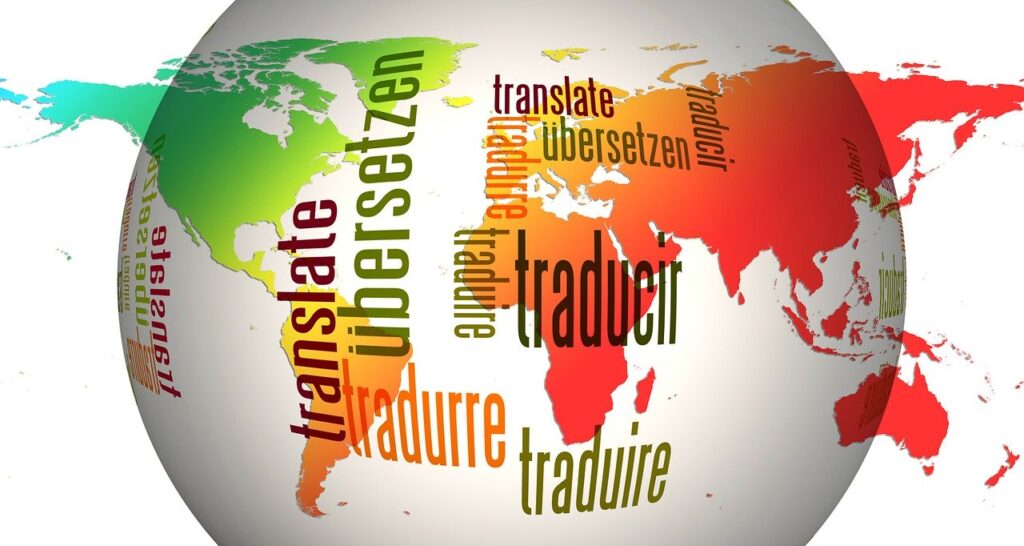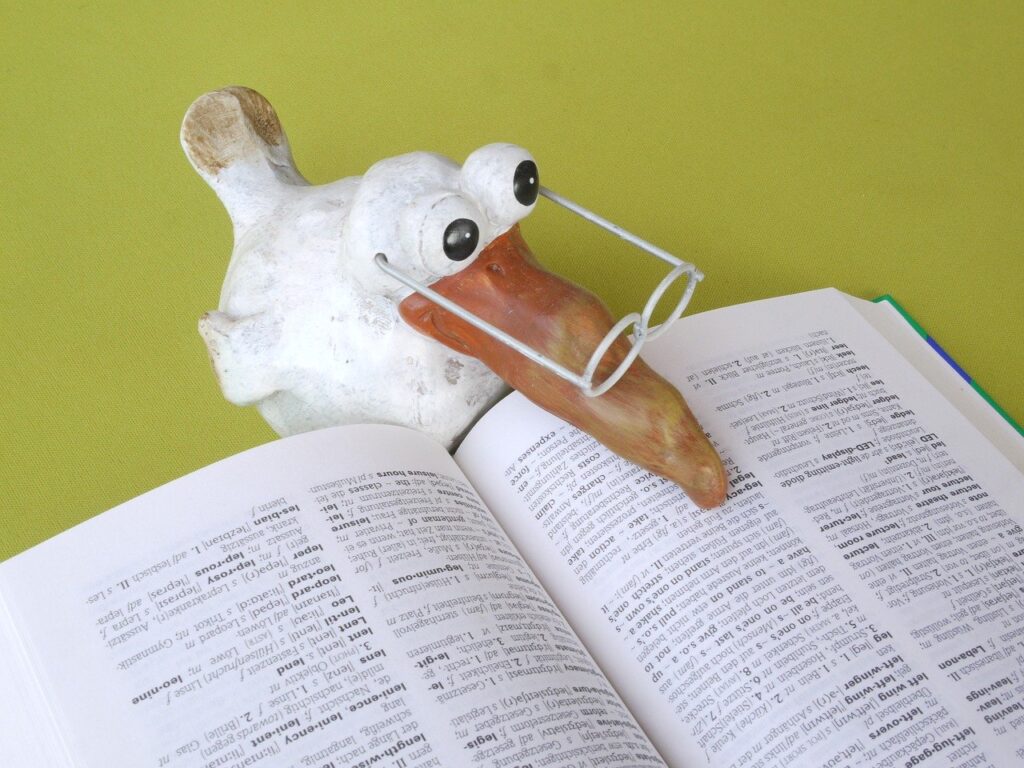Does Each Translation Agency Have a Different Translation Culture? A Discussion
Communication and language are essential elements of the global world order. Although vocabulary plays a fundamental role in language formation, translation changes often reflect the cultural significance over an extended period. It is undeniable that translation, culture, and language itself as three musketeers of communication.

But does each translation agency utilizes a different translation culture? Well, this is where the nature of translation comes in the picture. It is an understandable subjective question for translation experts, but there are certain cultural elements to the translation that you should be aware of beforehand.
For example, if a US-based translation agency is working on a translation of documents for a UK client, then the slang, tone, and, of course, the language has to be as per Britain’s business culture. It is one of the reasons cultural translation plays a significant role in various industries.

How a Flawless Translation Influences Cultural Exchange
A translation agency that uses modern automated processes to translate renders the same experience to the readers as they would have in their native language. Cultural relevance plays a vital role throughout the translation process. In fact, it reflects the authenticity of the translation that communicates people’s ideas and beliefs without errors.
Relationship between Translation and Culture
Translation agencies exist so that nations with the varying cultural background can still communicate and exchange ideas. Whether it is a research-based document or a mere marketing promotion, getting the cultural nuances right is always one of the top priorities of a professional translation agency.
Technically, translation leads to reproducing the language as close as possible to the natural equivalent of the original or source language. From contextual meaning to style, everything has to be perfect in terms of translation.
When it comes to language style, translation experts reference a multitude of the source material. It is a way to proofread the text and make sure it does not contain references to another language’s culture. In essence, cultural translation requires linguistic expertise. Fortunately, contemporary machine learning algorithms can target specific variations in a language’s cultural background.
The Collective Influence of Culture on Final Translation
The truth is that it is impossible to overlook how much an influence culture can have on a language translation. However, it is the integrated knowledge of an automated translation service that makes it possible to maintain the translation accuracy.
Ultimately, the underlying purpose of cultural translation is to attain semantic equivalence of the source language and target language’s cultural understanding through accumulated knowledge.
What about Universal Cultures?
It might come across as a new term to you, but universal cultural nuances improve the level of communication in finalized translations. Whether its trade deals, promotions, or ideas, universal cultural details summarize the material and spiritual aspects of the translation.
In simple terms, culture has a historically rooted relationship with language translation. Today, the interdependence and well-being of humans amidst coronavirus signals more efficient translation practices.
Wrap Up: Hire the ‘Right’ Translation Agency
It is impossible to overstate the fact that words often bear different meanings from one language to another. It is a gap that business leaders and communicators try to bridge through the expertise of a reliable translation agency.
That said, cultural disparities are common occurrences when it comes to translations. Today, automated translations have made it possible to pay close attention to cultural nuances that might be invisible to the human eye.
Therefore, hire an experienced and professional translation agency that can take care of even the most complicated translation issue. If you want a cultural specific translation, strengthen your relationship with the translation agency throughout the process. It is a promise that you can expect from a trustworthy translation agency.
